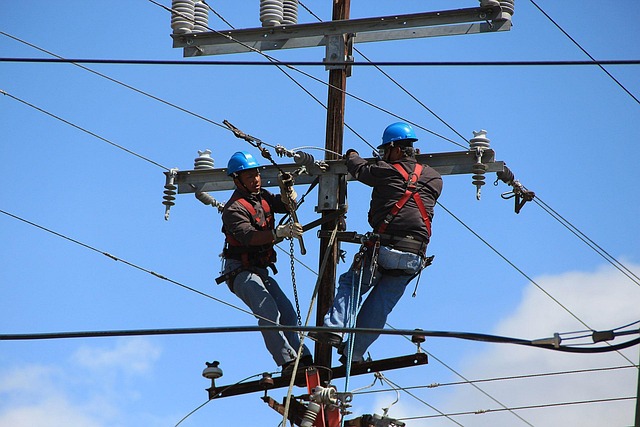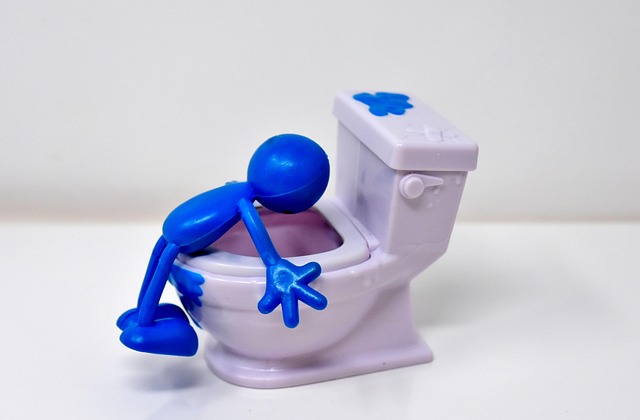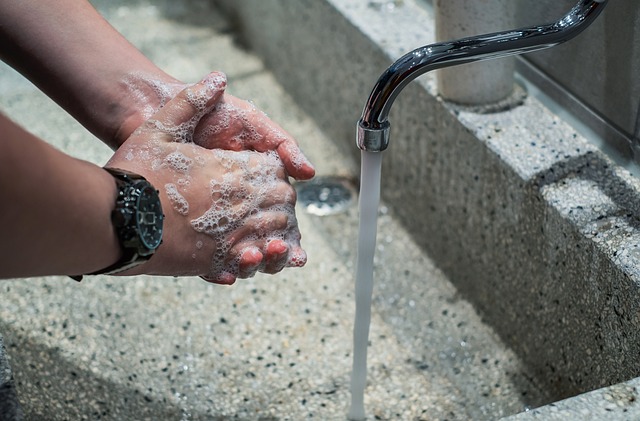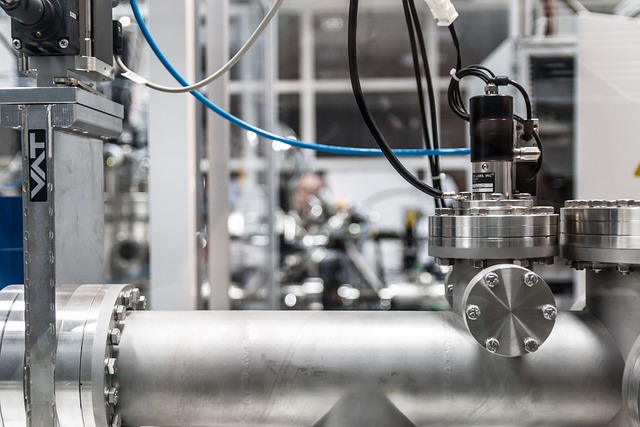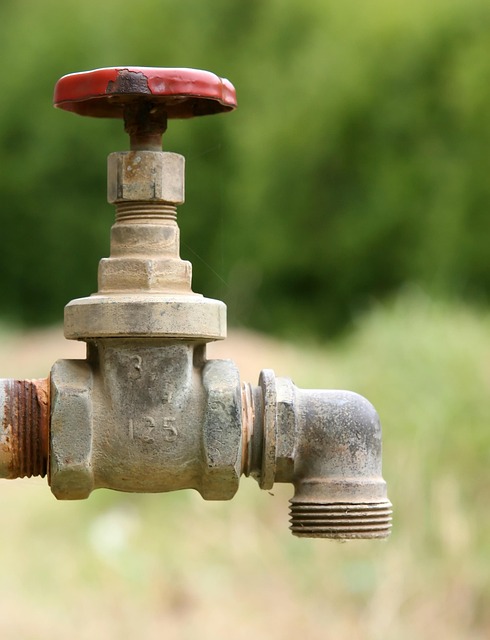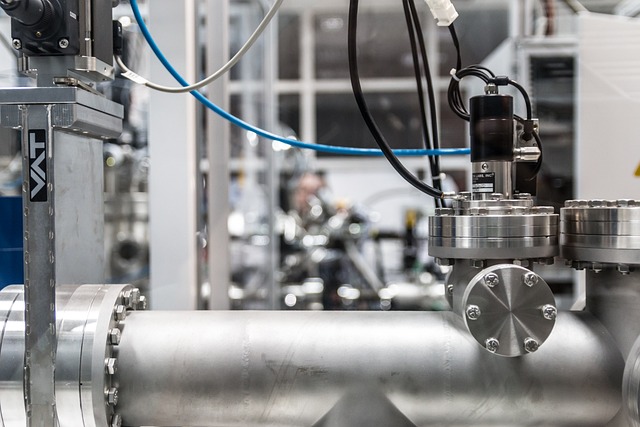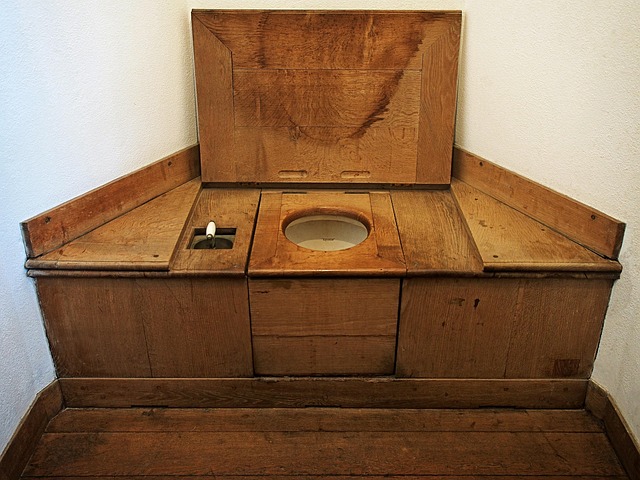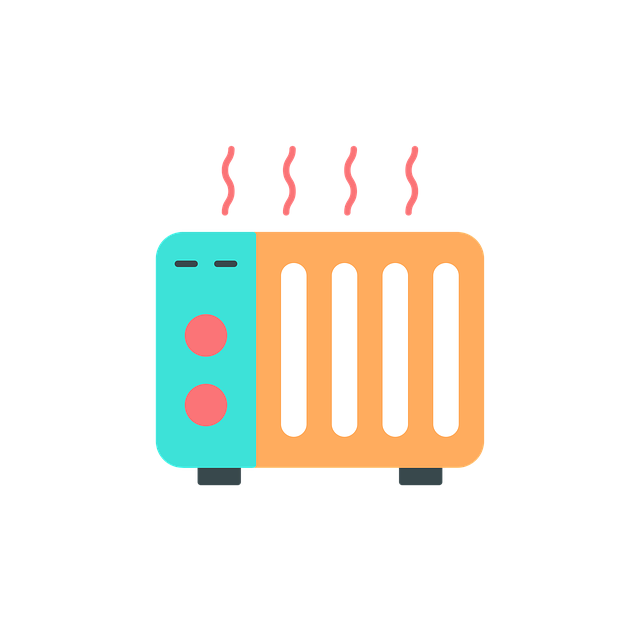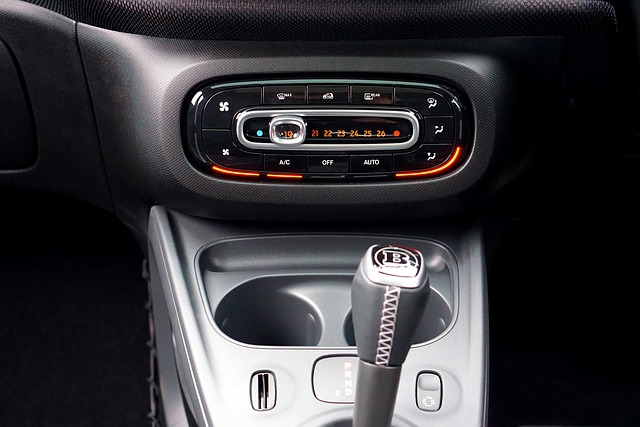Category: drain cleaning seattle
Drain Cleaning Seattle: Unblocking the Pathways of Urban Infrastructure
Introduction
Welcome to an in-depth exploration of a critical yet often overlooked aspect of urban life: drain cleaning Seattle. This comprehensive article aims to unravel the complexities of this essential service, highlighting its significance for both residential and commercial property owners. By delving into various facets, from historical practices to modern technologies, we will uncover the multifaceted world of drain cleaning as it specifically pertains to Seattle, Washington, and its impact on local communities.
Understanding Drain Cleaning Seattle: Unveiling the Basics
Definition:
Drain cleaning Seattle refers to the process of clearing and maintaining drainage systems within the city limits of Seattle. This includes the removal of debris, grease, and other obstructions from sewers, storm drains, and pipes to ensure efficient water flow and prevent widespread flooding.
Core Components:
- Inspection: Utilizing video inspection cameras to assess drain conditions, identify blockages, and map the drainage network.
- Hydro Jetting: A high-pressure water jetting technique to break up and remove stubborn clogs.
- Mechanical Cleaning: Employing specialized equipment like drum machines or snake machines to extract obstructions manually.
- Chemical Solutions: Using environmentally friendly chemicals to dissolve grease traps and fatty acids commonly found in kitchen drains.
- Maintenance: Regular cleaning and monitoring to prevent future blockages, ensuring the longevity of drainage infrastructure.
Historical Context:
The concept of drain cleaning has evolved over centuries, from ancient Roman engineering to modern mechanical innovations. In Seattle, the need for efficient drainage systems became evident as the city grew, leading to the establishment of dedicated sanitation departments in the early 20th century. Over time, methods advanced from manual labor and basic tools to sophisticated technology, ensuring better service and faster response times.
Global Impact and Trends: A World-Wide Concern
The issue of drain cleaning extends far beyond Seattle’s borders, impacting cities worldwide. Several key trends shape the global landscape:
| Global Trends | Impact |
|---|---|
| Urbanization | Rapid urbanization increases the demand for efficient drainage systems, leading to more specialized cleaning services. |
| Changing Weather Patterns | Extreme weather events, such as heavy rainfall and storms, contribute to increased blockages and flood risks. |
| Population Growth | Growing populations mean larger volumes of waste water, creating a continuous need for thorough drain maintenance. |
| Environmental Awareness | There is a growing emphasis on eco-friendly cleaning methods, pushing the adoption of sustainable practices. |
Seattle, as an influential city in the Pacific Northwest region, contributes to these global trends. Local challenges, such as heavy rainfall and diverse soil conditions, mirror those faced by many other cities worldwide, making Seattle’s experiences relevant to a broader audience.
Economic Considerations: The Financial Aspect of Drain Cleaning
The economic implications of drain cleaning Seattle are multifaceted, impacting various sectors:
- Market Dynamics: The demand for drain cleaning services fluctuates with the city’s growth and changing weather patterns. Peak seasons often coincide with heavy rainfall or winter months when frozen pipes become a concern.
- Investment Patterns: Companies specializing in drain cleaning invest in advanced equipment, training staff, and maintaining a fleet of vehicles. These investments contribute to local employment and economic growth.
- Cost Analysis: The cost of drain cleaning varies based on the scope of work, with residential jobs typically costing less than commercial projects. Complex cases involving severe blockages or structural issues can significantly increase expenses.
- Economic Impact: Efficient drainage systems are vital for property values and business operations. Regular cleaning contributes to a healthier local economy by preventing water damage, ensuring smooth operations, and maintaining the aesthetics of neighborhoods.
Technological Advancements: Revolutionizing Drain Cleaning
Technological innovations have revolutionized drain cleaning Seattle, improving efficiency, safety, and environmental sustainability:
- High-Tech Cameras: Video inspection cameras now provide real-time footage of drainage systems, allowing for precise identification of blockages and structural issues.
- Hydro Jetting Machines: These powerful machines use high-pressure water jets to cut through stubborn clogs, replacing traditional labor-intensive methods.
- Automated Cleaning Systems: Robotic drain cleaners equipped with rotating brushes or high-pressure water nozzles can navigate complex pipes autonomously.
- Eco-Friendly Chemicals: Advanced chemical solutions are designed to break down grease and organic matter without harming the environment or plumbing systems.
- Remote Monitoring: Smart sensors installed in drains allow for continuous monitoring, detecting blockages early and reducing response times.
Policy and Regulation: Navigating Legal Requirements
The city of Seattle enforces various policies and regulations related to drain cleaning to ensure public safety and environmental protection:
- Permits and Licensing: Businesses offering drain cleaning services must obtain permits and licenses from the City of Seattle’s Department of Planning and Development.
- Environmental Standards: Strict guidelines govern the use of chemicals, requiring companies to adhere to eco-friendly practices and dispose of waste properly.
- Building Codes: Local building codes mandate certain drainage standards and requirements for new constructions, ensuring adequate storm water management.
- Health and Safety: Regulators enforce safety protocols to protect workers and the public from hazardous conditions, including confined spaces and toxic chemicals.
- Disaster Preparedness: Seattle’s emergency response plans include provisions for flooding and drainage emergencies, requiring prompt action from service providers.
Challenges and Criticisms: Overcoming Obstacles
Despite its advancements, drain cleaning Seattle faces several challenges and criticisms:
- Accessibility: Drains located in remote or hard-to-reach areas can be difficult to clean, requiring specialized equipment and increasing costs.
- Root Intrusion: Tree roots often cause blockages in sewer lines, leading to ongoing maintenance issues and the need for root cutting services.
- Public Education: Lack of awareness about proper waste disposal practices contributes to repeated clogs, placing additional strain on cleaning crews.
- Environmental Concerns: While efforts have improved sustainability, some chemicals used in drain cleaning still pose risks to aquatic life if not handled correctly.
Actionable Solutions:
- Implement public education campaigns to promote responsible waste disposal and prevent blockages.
- Encourage the use of eco-friendly cleaning products among residents and businesses.
- Invest in advanced inspection technologies to detect root intrusions early, reducing long-term damage.
- Develop specialized equipment for accessing challenging drains, improving efficiency and cost-effectiveness.
Case Studies: Real-World Success Stories
1. Downtown Seattle’s Sewer Rehabilitation
In a collaborative effort, the City of Seattle, local plumbing companies, and environmental experts embarked on a project to rehabilitate the downtown area’s aging sewer system. The initiative involved the following:
- Video Inspection: High-resolution cameras identified weak spots and severe root intrusion in critical sewer lines.
- Hydro Jetting: High-pressure water jets cleared blockages, improving water flow capacity by 30%.
- Root Barrier Installation: Chemical barriers were applied to prevent tree roots from infiltrating pipes for up to 15 years.
- Public Awareness: Educational campaigns targeted local businesses and residents, leading to a significant reduction in future clogs.
2. Green Lake Community Initiative
The Green Lake neighborhood faced chronic flooding issues due to blocked storm drains during heavy rainfall. A community-led initiative addressed these problems:
- Community Engagement: Residents organized clean-up events, removing debris from nearby streams and drains.
- Chemical Treatment: Eco-friendly chemicals were used to dissolve built-up grease and reduce the risk of future blockages.
- Smart Drain Installation: New smart sensors were installed in key drains, providing real-time monitoring and early detection of issues.
- Government Support: Local representatives secured grants for ongoing maintenance, ensuring a safer and drier community.
Future Prospects: Looking Ahead
The future of drain cleaning Seattle holds both opportunities and challenges:
- Smart City Integration: The city’s move towards smart infrastructure offers potential for integrated drain monitoring systems, improving efficiency and response times.
- Advanced Robotics: Autonomous robots could revolutionize drain cleaning, accessing narrow spaces and providing real-time data for quick resolutions.
- Sustainable Practices: Continued emphasis on eco-friendly solutions will be crucial as environmental regulations evolve, ensuring a greener industry.
- Data Analytics: Utilizing big data analytics to predict blockages based on historical trends and weather patterns could optimize cleaning schedules.
- Community Engagement: Encouraging citizen reporting of drain issues through mobile apps or online platforms can enhance community involvement.
Conclusion: Unblocking the Pathways to a Sustainable Seattle
Drain cleaning Seattle is an essential service that underpins the city’s infrastructure, health, and economic vitality. From historical practices to modern innovations, this field has evolved significantly, addressing various challenges with advanced technologies and sustainable solutions. As Seattle continues to grow and adapt to changing conditions, efficient drain maintenance will remain a cornerstone of urban living, ensuring the well-being of residents and businesses alike.
FAQ Section: Answering Your Questions
Q: How often should I have my drains cleaned?
A: The frequency depends on several factors, including your location, lifestyle, and plumbing conditions. Residential properties may require annual cleaning, while commercial sites with high foot traffic or specific waste management challenges might need more frequent service.
Q: Are there any DIY methods for unclogging drains at home?
A: While some minor clogs can be addressed using household remedies like baking soda and vinegar, for persistent or severe blockages, professional services are recommended. DIY methods have limited effectiveness for complex drain issues.
Q: What happens if a drain cleaning company uses harmful chemicals?
A: Companies operating in Seattle must adhere to strict environmental regulations. The use of toxic chemicals is discouraged, and all waste must be disposed of properly. In the rare case of misuse, local authorities can issue fines and require corrective actions.
Q: How can I choose a reputable drain cleaning service?
A: Look for companies licensed and insured by the City of Seattle. Check online reviews, ask for references, and ensure they offer transparent pricing. Reputable firms will provide evidence of training, certifications, and adherence to safety standards.
Expert Drain Cleaning Seattle: Unclogging Pipes, Building Trust
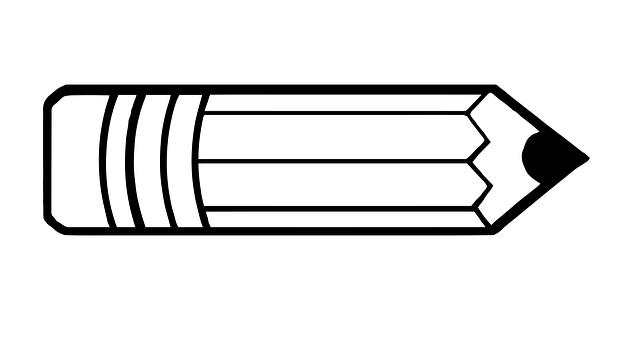
In Seattle, efficient drain cleaning services are crucial for residential and commercial properties……..
Expert Drain Cleaning Seattle: Trusted Solutions for Homes and Businesses
Trusted Seattle Drain Cleaning Experts for Homes and Businesses
Trusted Drain Cleaning Seattle: Expert Solutions for Long-Lasting Results
Trustworthy Drain Cleaning Seattle Services for Homes and Businesses
Expert Drain Cleaning Seattle: Trusted Solutions for Homeowners
Expert Drain Cleaning Seattle: Trusted, Safe Solutions for Homes and Businesses
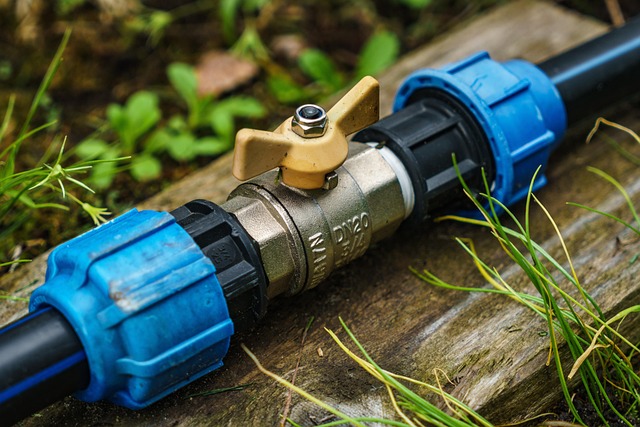
Seattle residents and businesses rely on top-rated drain cleaning services for expert unclogging to…….
